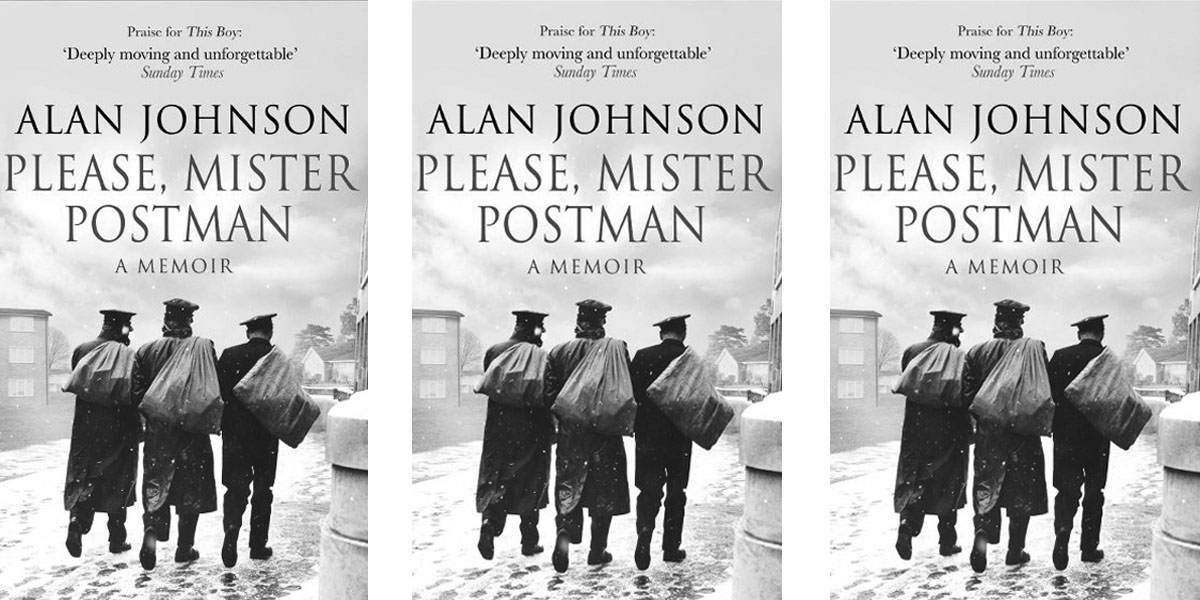Our essential books of 2014: Please, Mister Postman by Alan Johnson
When Emily Thornberry tweeted a picture of a house in Kent draped in St George’s Cross flags, it wasn’t just a momentary lapse in manners which led many to feel the episode was so damaging. The tweet gave life to...
When Emily Thornberry tweeted a picture of a house in Kent draped in St George’s Cross flags, it wasn’t just a momentary lapse in manners which led many to feel the episode was so damaging. The tweet gave life to a sense that our professional political classes are adrift from many expressions of civic and cultural identity in England today.
At the time I reflected on Please, Mister Postman, the sequel to Alan Johnson’s well-received This Boy, which tells the story of his 20 year career as a postman and trade union official, before being elected MP for Hull West and Hessle in 1997. As one of his former constituents, I was aware of the broad strokes of Johnson’s life before entering parliament. However, the detail here is illuminating and observations on the changing face of post-war Britain are reflective without succumbing to wistfulness for a bygone era.
The steady, functional style of Johnson’s prose is not that of a racy political memoir nor an academic treatise. But at a time when there is no shortage of those things in the Labour party, the everyday qualities of the story are charming and refreshing. In the late 1960s when New Left agitator Tariq Ali was calling to ‘abolish money’, Johnson observes that, at 18 years old and soon to be married with two children, he just “needed to earn the bloody stuff”.
Discussion of Johnson’s memoirs will understandably centre on his remarkable journey from the slums of postwar London to high politics, particularly since many find this route into politics closed today. But this is also a book about the politics of the ordinary – something which, to our cost, is now in short supply.
Rob Tinker is senior researcher at the Fabian Society
